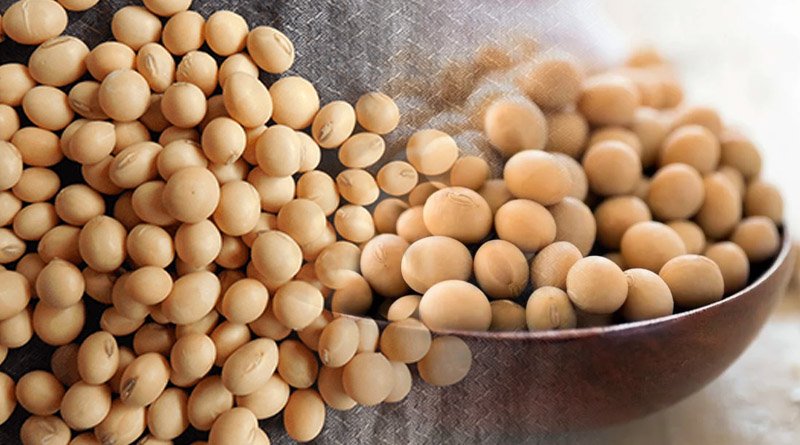Soybean protein can be extracted from soybeans through a process of grinding, separating the oil, and separating the protein from the remaining solids.

As the world population continues to grow, so does the demand for protein, which increases day by day. Animal meat has been the traditional source of protein for humans, but concerns about the impact on the environment and health risks associated with meat production have led many people to seek alternative protein sources.
Soy protein is one such alternative protein sources that has gained popularity in recent years due to its many benefits. We will explore the benefits of soy protein, its potential as an alternative to meat, and its impact on the environment and health.
What is soy protein?
Soy protein is a protein derived from soybeans. Soybeans are a type of legume that is widely cultivated around the world. Soybean protein can be extracted from soybeans through a process of grinding, separating the oil, and separating the protein from the remaining solids. The resulting soy protein is a high-quality, plant-based protein that is rich in essential amino acids.
Benefits of Soy Protein:
Soy protein offers several benefits that make it an attractive alternative to meat:
• Cost: Soy protein is much less expensive than meat, making it a more affordable source of protein for many people.
• Health: Soy protein is low in saturated fat and cholesterol, making it a healthier alternative to meat. It is also a good source of fiber, which can help reduce the risk of heart disease, diabetes, and certain types of cancer.
•Sustainability: Soybeans require less water and land than meat production, making soy protein a more sustainable option.
• Allergen-free: Soy protein is a good alternative for people with allergies to other protein sources such as milk or eggs.
Soy Protein as an Alternative to Meat:
Soy protein can be used as an alternative to meat in a variety of ways. It can be used to create vegetarian and vegan versions of traditional meat dishes, such as burgers, sausages, and meatballs. Soy protein can also be used as a meat extender in dishes such as chilli and stews.
One of the main advantages of soy protein as an alternative to meat is its versatility. Soy protein can be flavored and seasoned to mimic the taste and texture of meat. Soy protein is also highly customizable, allowing for the creation of a wide variety of alternatives to meat to suit different tastes and dietary preferences.
Impact on the environment:
Meat production has a significant impact on the environment, contributing to deforestation, greenhouse gas emissions, and water pollution. Soybean production, on the other hand, is much lower.
Soybeans require less water and land than meat production, and they also produce fewer greenhouse gas emissions.
While soybean production can still have negative environmental impacts, such as deforestation and the use of pesticides and fertilizers, these impacts are generally lower than those associated with meat production.
Additionally, sustainable soybean production methods, such as organic farming and crop rotation, can further reduce the environmental impact of soybean production.
Health benefits:
Soy protein has been the subject of extensive research, with many studies examining its potential health benefits. Some of the health benefits of soy protein include:
• Heart Health: Soy protein has been shown to reduce the risk of heart disease by lowering cholesterol levels.
• Weight Management: Soy protein can help with weight management by increasing feelings of fullness and reducing calorie intake.
• Bone Health: Soy protein may help improve bone density and reduce the risk of osteoporosis.
• Cancer Prevention: Some studies have suggested that soy protein may help reduce the risk of certain types of cancer, such as breast and prostate cancer.
Conclusion:
Soy protein is a versatile, affordable, and sustainable alternative to meat that offers several health benefits. Its versatility makes it an attractive option for those looking to reduce their meat consumption or switch.